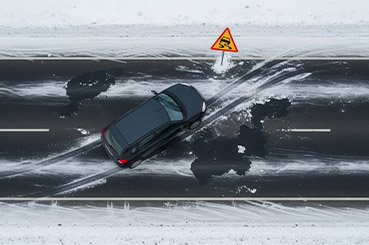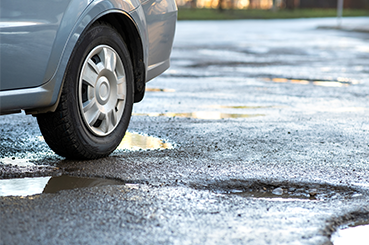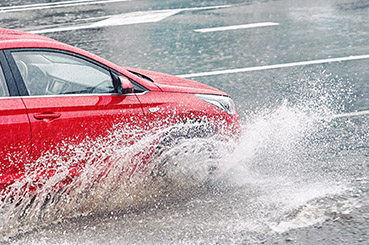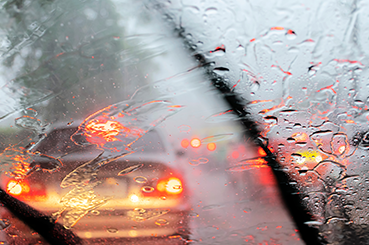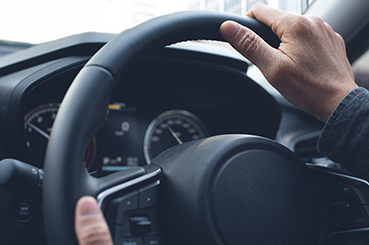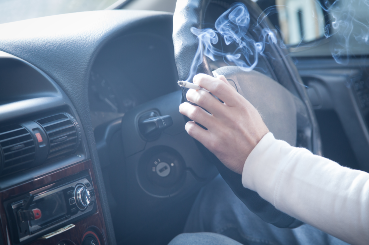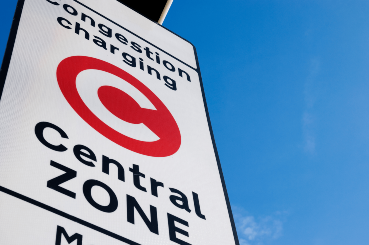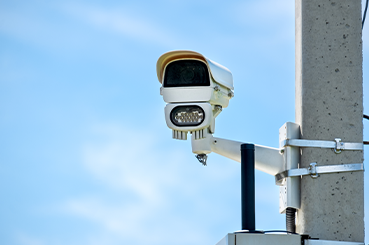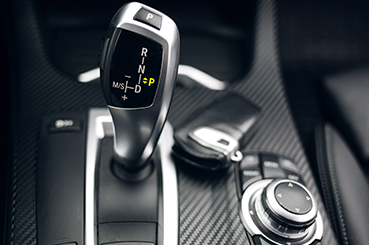With winter fast-approaching and some fairly wintry weather being predicted within the next few weeks, we thought it was time to debunk some common winter driving myths.
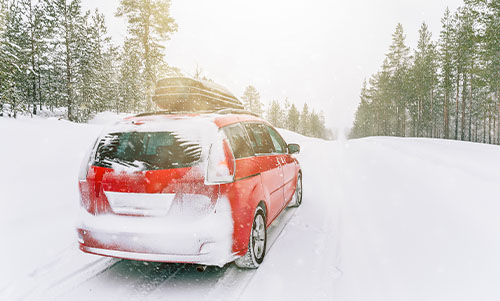
ABS Should Not Be Used in Snowy Conditions
The primary function of ABS is to prevent your wheels from locking up. In wintry conditions, this will allow you to retain the ability to steer the vehicle and will help to prevent you from sliding out of control and colliding with other vehicles, pedestrians or obstructions in the road.
It is true that ABS can increase your stopping distance in slippery conditions as ABS does not have any effect on the traction between your tyres and the road. Therefore it is imperative that you still leave a safe stopping distance between you and the vehicle in front.
Most modern cars now come with ABS that cannot be disabled so it is a good idea to learn how it works so you can use it effectively no matter what the road conditions.
You Should Turn Off Traction Control
Traction control is designed to keep a vehicle under control. It does this by either reducing the engine power or applying the brakes in response to spinning wheels. Traction control works in snowy and icy conditions, so there is no need to turn it off in winter.
The only time you should consider turning off traction control is when a reduction in power could dramatically hinder progress. For example, if you were stuck in deep snow you are likely to need considerable power from the engine to get you out. This may result, in the wheels spinning. In this situation, you could turn off the traction control to see if this enables you to generate enough power to be able to pull away. However, it is advisable to turn the traction control back once you have managed to pull away.
You Should Always Use a Low Gear in Wintry Conditions
Using a low gear when driving down slippery hills can be beneficial, as the engine braking can help to reduce speed while keeping the wheels rotating. However, in other circumstances using a higher gear is better.
When accelerating (i.e. pulling away) low gears provide more torque which can increase the likelihood of wheel spin and therefore prevent progress. Selecting the highest practical gear reduces the torque and increases your chances of making progress.
While when cruising it is advisable to select a gear that maintains a balance between reducing the chances of wheel spin while still being able to utilise engine braking to help slow you down.

You Should Slow Down Using Cadence/Stutter Braking
Cadence or stutter braking used to be the best way to stop your vehicle in wintry conditions. The idea is that by rhythmically applying and releasing the brakes you manage to stop without locking the wheels which reduces your control steering the car.
However, in modern vehicles ABS prevents you needing to do this. The most effective way to stop a car with ABS fitted in wintry conditions is to press the brake pedal and maintain pressure until the vehicle has come to a halt.
Vehicles with All-Wheel-Drive Are Safer In Snow
Many people wrongly believe that an all-wheel-drive vehicle is safer in the snow. All-wheel-drive (AWD) means that the engine sends power to all of your wheels. In the snow, this acts as an advantage when you are accelerating as it helps improve traction. However, AWD does not improve steering or handling.
In fact, as all-wheel-drive can actually mask how slippery a road really is. So whether your car has AWD or not the best advice is to take your time, drive carefully and leave ample stopping distances between you and the car in front.
Winter Tyres Aren’t Necessary in the UK
Winter tyres are no longer that common in the UK, with people finding the hassle and cost of swapping tyres mid-way through the year too great. In addition, many believe that winter tyres are only necessary for the very worst winter weather.
However, winter tyres provide better handling whenever the temperature drops below 7°C. This is because winter tyres are made up of a type of rubber which stays flexible in colder conditions. In addition, they have a specially designed tread which helps improve grip. Both of these features help to improve handling and braking in snow and ice as well as on wet roads in cold conditions.
You Should Drive in Winter Boots
The reasoning behind this myth is that if you were to breakdown, or if the road you were travelling came to a complete standstill you would have suitable footwear to be able to walk to safety or to get help. However, the problem with this is that bulky, thick-soled boots can be harder to drive in. They can make controlling the pedals trickier, especially if you are not used to driving in them.
The best advice is to wear safe and sensible shoes that are comfortable to drive in and carry a pair of sturdy boots in the car just in case.

Stay Safe This Winter
We hope that by busting some common winter driving myths you will manage to stay safe on the roads this winter. However, it is important to remember the best way to stay safe in severe wintry conditions is to only make a journey if absolutely necessary. If you must head out take your time and leave plenty of distance between you and the car in front.
